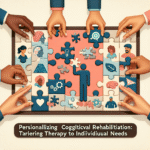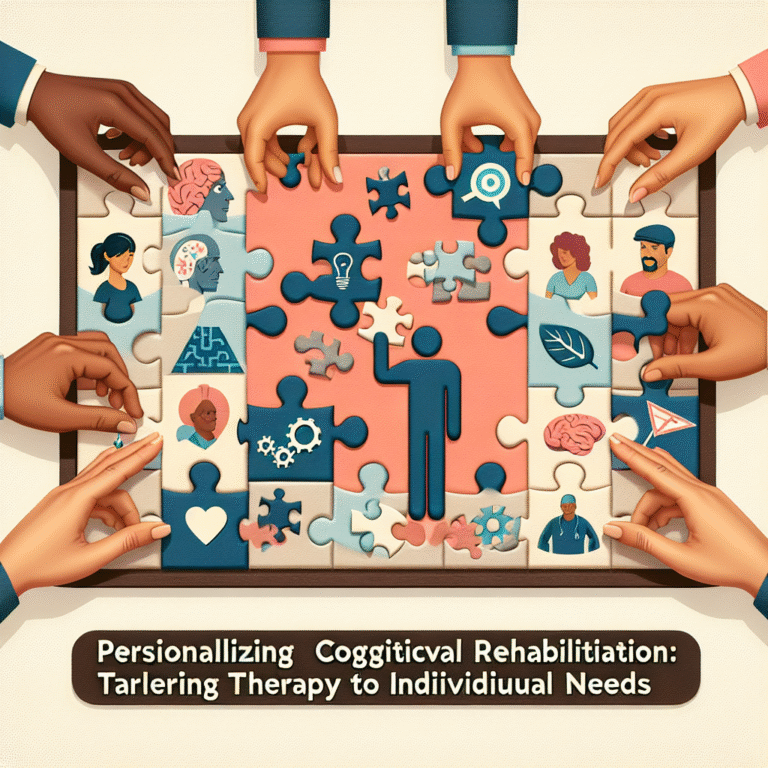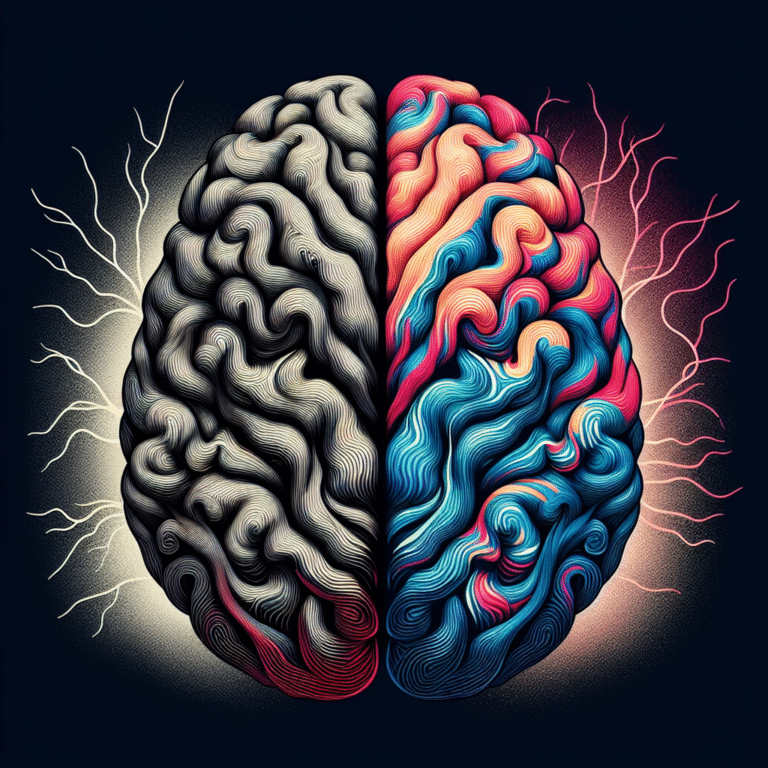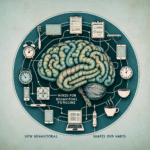
Introduction
In today’s fast-paced world, mental health issues are more prevalent than ever. Yet, despite growing awareness, many individuals still find themselves navigating a fragmented mental health system—where services operate in silos, often leaving patients feeling lost and unsupported. The concept of integrated mental health care is not just an emerging trend; it is essential for fostering holistic healing. As we explore "From Silos to Synergy: The Future of Integrated Mental Health Care," we will delve into why moving beyond isolated treatments to an interconnected approach can transform mental health care for the better.
The Current Landscape of Mental Health Care
Understanding the Silos
The traditional mental health care system is characterized by silos—specialties working independently with minimal coordination. For instance, someone dealing with anxiety may seek counseling from one provider while receiving medication from a psychiatrist. This, unfortunately, can lead to duplications, inconsistencies, and even ineffective treatments.
Table 1: A Comparison of Siloed vs. Integrated Mental Health Systems
| Feature | Siloed Mental Health Care | Integrated Mental Health Care |
|---|---|---|
| Coordination of Care | Low | High |
| Patient Engagement | Fragmented | Holistic |
| Treatment Consistency | Inconsistent | Unified |
| Accessibility | Difficult | Streamlined |
Implications of Fragmentation
The repercussions of siloed systems are profound. Studies show that individuals with mental health conditions often experience higher rates of co-occurring disorders. This necessitates not just mental health support but also medical and social services, often leading to frustration and abandonment of care. Integrating these services is, therefore, imperative for improving outcomes.
Transitioning from Silos to Synergy
What Does Integrated Mental Health Care Entail?
At its core, integrated mental health care aims to unify various aspects of a patient’s treatment, bringing together mental health, physical health, and social support. The goal is to create a continuum of care that addresses the whole person rather than a collection of symptoms.
Case Study: The Collaborative Care Model
One prominent example of synergy in mental health care is the Collaborative Care Model (CCM), implemented in various healthcare settings across the U.S. CCM has showcased successful integration by embedding mental health professionals within primary care teams. The model has reported significant improvements, with studies indicating up to a 50% reduction in depressive symptoms among patients.
Benefits of Transitioning to Integrated Care
-
Improved Access to Services
Patients often face barriers in seeking help. Integrated mental health services can make treatment more accessible by offering diverse services in familiar settings, like primary care offices. -
Enhanced Patient Engagement
With coordinated care, patients receive tailored treatments. This increases their investment in their own well-being, fostering a stronger therapeutic alliance. - Better Health Outcomes
Integrated care has been linked to improved clinical outcomes. A meta-analysis of over 60 studies found that individuals in integrated settings demonstrated better adherence to treatment and enhanced recovery rates.
Addressing Challenges in Integrated Mental Health Care
Common Barriers
Despite its myriad advantages, transitioning to integrated mental health care comes with challenges:
- Funding Constraints: Many healthcare systems struggle to find the necessary funding to support integrated services.
- Training Needs: Providers often require training in collaborative practices, as well as in recognizing and managing co-occurring disorders.
- Regulatory Hurdles: Various regulations can impede the sharing of information, which is essential for integrated care.
Strategies for Overcoming Barriers
To successfully navigate these challenges, it’s crucial to engage stakeholders at all levels—from policymakers to local communities. Clinical leaders can create pilot programs to gather data, showing funders the worth of investing in integrated care. Moreover, cross-training providers can enhance understanding and improve collaboration.
Case Studies Illustrating Successful Integration
Case Study 1: The Center for Integrated Health Solutions (CIHS)
Located in the heart of New York, CIHS has successfully implemented a model where mental health care is incorporated into overall health services. By offering on-site mental health professionals, patients report a greater sense of community and connection—the embodiment of the principles "From Silos to Synergy: The Future of Integrated Mental Health Care."
Analysis
CIHS demonstrates practical outcomes; patients exhibit improved compliance with both mental and physical health services. Their model showcases how efficiency and effectiveness can lead to comprehensive care accommodating diverse patient needs.
Case Study 2: Veterans Health Administration (VHA)
The VHA has taken its integration efforts a step further by creating a robust mobile mental health care unit. These units serve rural veterans who struggle with accessibility. Patients receive immediate access to integrated services, including counseling, therapy, and lifestyle coaching.
Analysis
The VHA’s approach highlights the importance of adaptability in care settings. This case not only presents the necessity of tailored services but also underscores the potential of technology to aid integration.
The Future of Mental Health Care
Technology as a Catalyst
The digital health revolution is paving the way for more integrated approaches. Telehealth has emerged as a game-changer, enabling patients to access mental health services remotely. This technology promises more seamless integration by bridging gaps in care, especially for those in underserved populations.
Policy Changes Driving Integration
Government policies are beginning to reflect the critical need for collaboration in mental health. Emerging legislation, like The Mental Health Access Improvement Act, aims to increase funding for integrated care models and support workforce development.
Table 2: Examples of Current Legislation Supporting Integrated Mental Health Care
| Legislation | Description |
|---|---|
| The Mental Health Parity and Addiction Equity Act | Requires equal coverage for mental health and physical health services |
| The CARES Act | Provides funding for mental health services during the pandemic crisis |
| The COVID-19 Telehealth Response Act | Expands access to telehealth services |
Conclusion
The journey from silos to synergy in mental health care is a vital evolution. Integrated mental health care not only provides comprehensive support for individuals but also reshapes the entire healthcare landscape. By fostering collaboration, utilizing technology, and pushing for policy changes, we can pave the way for truly effective mental health solutions.
As you reflect on the insights shared in "From Silos to Synergy: The Future of Integrated Mental Health Care," consider how you, too, might advocate for a more integrated approach in your community. Together, we can foster a system where mental health care is truly holistic and accessible for everyone.
FAQs
1. What is integrated mental health care?
Integrated mental health care is an approach that combines mental health services with primary care, social services, and other relevant support to treat the whole person.
2. How does integrated care improve patient outcomes?
By creating a unified treatment plan and enhancing communication among providers, integrated care addresses multiple aspects of a patient’s health, leading to better adherence and improved quality of life.
3. What are examples of effective integrated care models?
Examples include the Collaborative Care Model and systems like the Veterans Health Administration’s mobile care units, both demonstrating successful integration of services.
4. What challenges do health systems face in implementing integrated care?
Challenges include funding constraints, provider training needs, and regulatory barriers that can hinder information sharing.
5. Is telehealth a part of integrated mental health care?
Yes, telehealth plays a crucial role in enhancing access and continuity of care in integrated mental health settings, especially for patients in remote areas.
In embracing the philosophy of "From Silos to Synergy: The Future of Integrated Mental Health Care," we not only aim for a transformation in how care is delivered but also a profound shift in how patients experience their mental health journey. Together, let’s advocate for comprehensive, compassionate care.
















